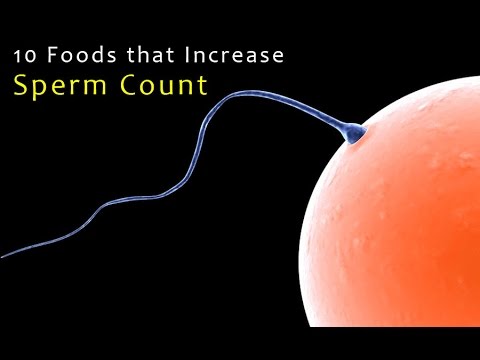Infertility FAQs – What can cause female or male infertility?
Infertility is a medical condition afflicting many couples. Approximately one third of the cases are caused by conditions solely afflicting the woman, one third caused by conditions solely afflicting the man, and one third are problems involving both partners. In women, the most common cause of infertility is the irregular or defective release of eggs. The most common symptoms of ovulation disorders are a lack of regular or any menstruation.
Other causes of infertility include blocked fallopian tubes or abnormalities of the uterus. Fallopian tubes can be blocked by adhesions from past pelvic infections, endometriosis, or ectopic (tubal) pregnancy. Abnormalities of the uterus include fibroid tumors, malignancy, or developmental problems. In men, infertility is caused by genetic or environmental factors that impair sperm production. This results in too few sperm or defective sperm that cannot fertilize the woman’s eggs. Defective, absent or obstructed ducts also prevent sperm from flowing. The defects can be obvious during childhood, but not always.
Advanced age is the most common factor increasing the risk of a woman being infertile. Although there is considerable variance between women, reproductive efficiency begins to decline rapidly at approximately 35 years of age, has declined considerably by age 40, and is essentially gone by age 44. This decline is aggravated by lifestyle and health issues such as a poor diet, stress, being under- or overweight, smoking, excessive alcohol consumption, sexually transmitted diseases, chemotherapy or radiation, and general health problems.
For men, there is an age-related decline in fertility but it is slower. Lifestyle and environmental issues impact a man’s reproductive efficiency as they do a woman’s.
To learn more visit:
http://www.womenandinfants.org/rei/index.cfm
Source: Infertility FAQs – What can cause female or male infertility?



